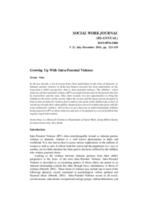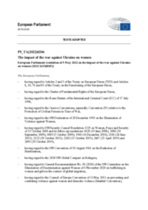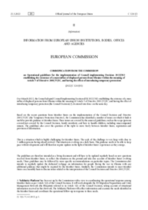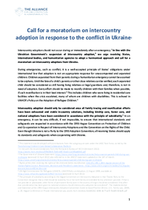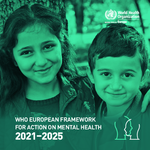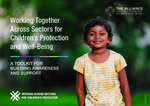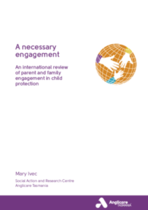The Promise Oversight Board - Report One (May 2022)
This is the first report from The Promise Oversight Board on progress that Scotland is making to keep the promise. It was a promise made to care experienced infants, children, young people, adults and their families. It was also made to families who live around the ‘care system’ and whose lives are impacted by its decisions. The promise made reflects a commitment that had already been made through the National Performance Framework - that every child grows up loved, safe and respected and able to realise their full potential.


